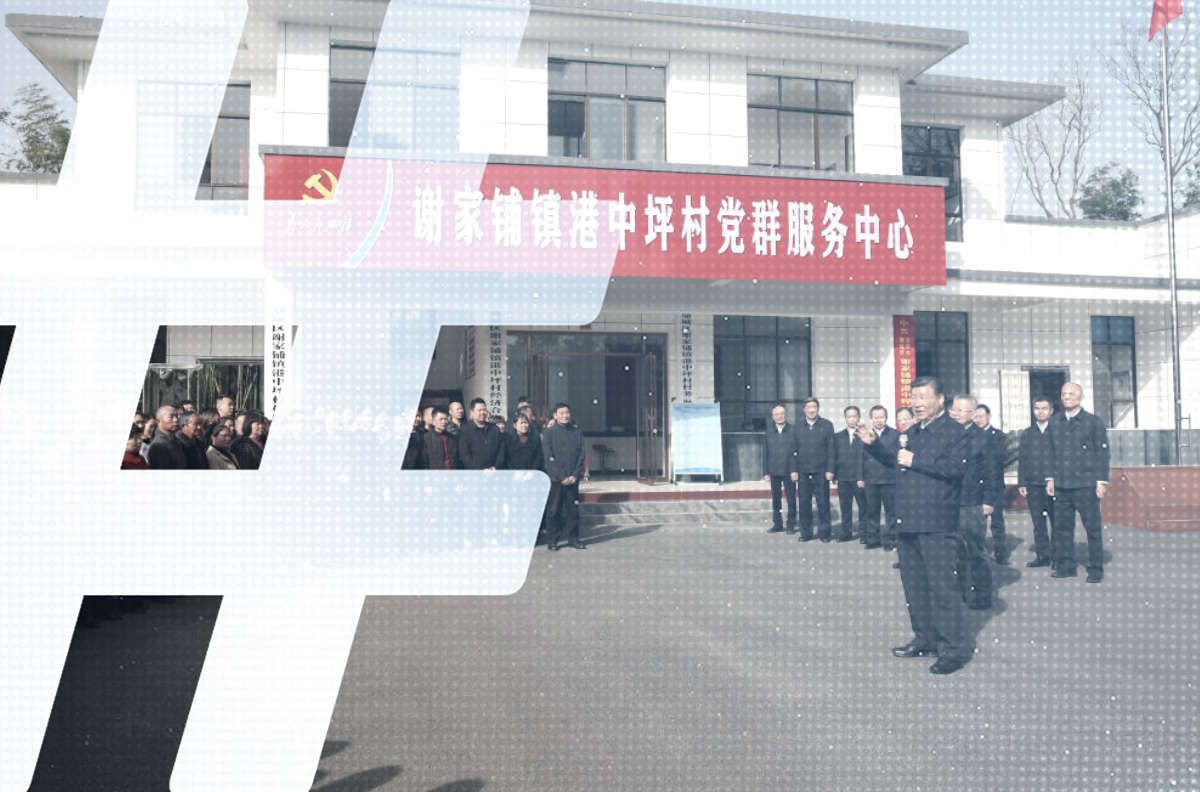Late last week we wrote about the latest hardline editorial in the Beijing Daily, the official “mouthpiece” of the city-level Party leadership in Beijing, an ideological attack on the concept of “freedom of speech” that singled out “certain commercial newspapers and magazines” in China for exaggerating social and political problems in the country.
Over the past few days, the Beijing Daily editorial has sparked a small-scale debate in China’s media about the role of the press. Here we include a translation of one of the more interesting responses, this one a letter written in to Southern Metropolis Daily — no doubt one of the papers Beijing Daily had in mind as a regular trouble-maker.
“Which Media are Creating Misunderstanding?“
Page A2
Ma Changjun (马长军)
On the question of whether or not media reports on food safety have created a sense of fear and anxiety, we have recently had two media expressing different views on this issue. Beijing Daily says that quite a few report lately — on food safety, doctor-patient conflicts, construction quality, official corruption and other issues — have been built up by the media, giving the impression that all food in China is “poisonous”, the all buildings are “tofu architecture,” that all public officials are corrupt, and suggesting that social tensions are growing ever more severe and prospects for development are grim. “In fact,” the newspaper said, “this is just a mistaken impression created by various media.”
The Xinhua Daily Telegraph responded with an editorial called, “Expert Opinion Helps Calm ‘Food Panic'” (专业舆论有助于消除“吃的恐慌”). The editorial argued that “facing problems head on is the basis of resolving problems, and media reporting on food safety issues is a form of monitoring by public opinion and monitoring by society that should be encouraged” (New Express, May 19).
Naturally, the fact that such issues as food safety, doctor-patient conflict, construction quality and official corruption have become public opinion hotspots has to do with media reports. But if there were no media reports, would these problems be any less obvious or serious? No one lives in a vacuum, and the various problems we come upon were not created because of media reports. Sometimes, naively, I’m even of a mind to feed information to the media! Which is to say, I think there are far too few media reports on negative issues.
The reason I don’t feed information to the media is because the problems I come across are insufficiently “classic.” Many are things the media has reported before . . . Like the private use of public vehicles, [officials] eating at public expense, corruption in building or engineering projects — things that if the media worked up “negative” reports about them they would never see any end to reporting.
Things like official bribery, corruption in building or engineering projects, the building of massive government complexes against regulations, the use of [public assets] by the wives of officials, all of these are things the media have no need to manufacture — they are things we all know to be facts.
Many officials’ nicknames all have to do with money, and official mistresses are countless. Before officials are investigated [for corruption], there are no reports [about their activities] in the media. If media reports always come out only after official information [on their cases] has been released, how can media be blamed for embellishment? No one can deny that the gossip in the streets is far richer and far more engaging than what we see in media reports. So is it the case that media have infected the public mind, or that real and actual issues have unsettled the public.
Epidemic disease does not spread because doctors diagnose it, it spreads because that is its nature.
As to whether or not food is “poisonous” or buildings are “tofu architecture”, whether or not officials are corrupt or social tensions are getting worse, or as to how our development prospects are, I think everyone is clear in their own hearts. I don’t at all think that media are manufacturing some misunderstanding that says things are all negative. Quite the contrary, I worry that people begin throwing up their hands and accepting the chaotic state of things because the abnormal is so prevalent all around us that this or that problem just becomes a joke, and no one bothers to take part [in finding solutions].
So I think we have far from enough reporting by the media of various ugly things [in our society]. Many reports are belated, having no real value as supervision by public opinion [i.e., watchdog journalism helping to expose problems]. When there is an accident and the reporter runs back [to the newsroom] with an official press release to put out, who are they fooling? The media need to get more fully into the details [of stories] in order to excite people’s distaste for and even bitter hatred of unfairnesses, reminding us all that we must not yield to unfairness and cruelty, that we must not be polluted by it. In this way we will be moved to prevent wickedness together! Can this be called a “misperception”?
If media have more courage in reporting various problems, then we can expose them while they are only germinating, so that wickedness has no place to hide. If the strength of supervision by public opinion can be truly exploited, I’m confident that this will encourage the public to participate more in the building of a good society.






















